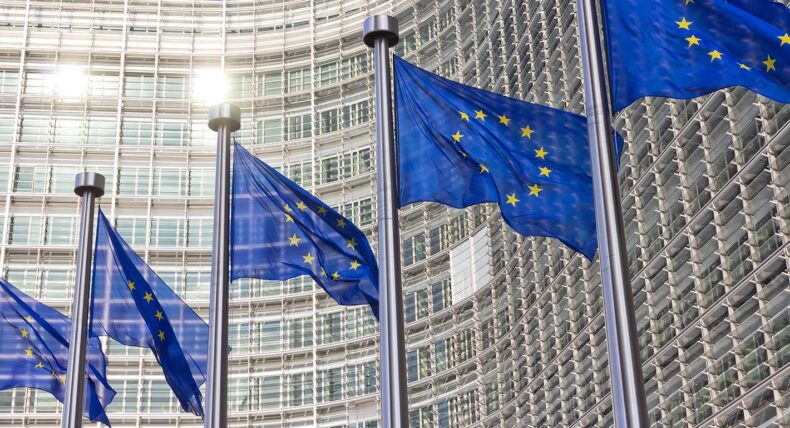The concept of strategic autonomy has recently sparked much debate in European Union, as well as some controversy. It is necessary to define what we mean by this concept and how it may assist Europeans to take control of their lives in an increasingly hostile environment.
It is undeniable that modern Europe declined significantly after the Second World War, which was followed by the scenario of the United States and Russia dominating the world on a bipolar basis, even though modern Europe had profound effects on every corner of the globe during the previous centuries. In contrast to the latter, which is geographically a part of Europe but has never been culturally, socially, or even mentally integrated into it, the former has acquired cultural and institutional traditions from Europe but has never been a part of its territory.
The European Union underwent a quick increase in both quantity and quality as a result of the unexpected fall of the Soviet Union, there is no doubt about it. It is conventional wisdom that a robust European Union should be based on its integration and coherence rather than just joining forces, which could result in possible discord and variety across all policy domains.
There is little doubt that the European Union experienced a rapid increase in both quantity and quality as a result of the unexpected fall of the Soviet Union. It is widely assumed that a strong European Union should be built on integration and coherence rather than just joining forces, which might lead to disagreement and variation across all policy domains.
Without a question, the European Union experienced a rapid increase in both quantity and quality as a result of the unexpected demise of the Soviet Union. It is widely assumed that a strong European Union should be built on integration and coherence rather than just joining forces, which might lead to disagreement and diversity across all policy sectors.
Even though Ankara has requested full membership in the EU since the early 1960s, the EU has been forced to include all European nations, perhaps including Ukraine while excluding Russia and Turkey. Now, instead of just being a playground, Europe wants to play a significant part in world affairs. The Anglo-American axis in the new century’s reactions, particularly those coming from London and Washington, remains crucial.
Concerns or outright outrage over France and Germany joining the exclusive Franco-German axis and pushing the rest of the EU into second place have been expressed by some political organizations. They now doubt the nature of the bloc and its trajectory of development as a result. Due to this, the U.S. and Britain have publicly encouraged their closest allies that border Russia to become more and more assertive, going so far as to break the law in the anti-Russian campaign in terms of economics, militarily, and diplomatically.

What makes strategic autonomy more important than ever for European Union?
Since the world has altered. Being able to function as a “global participant” and as a “geopolitical Commission” without being “independent” makes it difficult to claim to be a “political union.” What, therefore, are the reasons that this idea is now more important than ever?
The first is that Europe is becoming less significant in the global economy. In 20 years, it is predicted that we won’t account for more than 11% of the global gross national product (GNP), far behind China, which will account for twice as much. The United States would then fall below the Indian level of 14%.
China will use the following two decades to establish itself as the first global power before running into fresh demographic challenges that will impede its ascent. India might likely take over the relay at that point.
The conclusion is reached by using basic logic. We’ll lose our relevance if we don’t act together now, as many have eloquently explained. According to this perspective, political survival is a process of strategic autonomy. Our established relationships are still very important in this case. However, they won’t be enough. As power gaps narrow, the world will become more transactional, and all powers, including Europe, will usually be more transactional as well. This fact cannot be avoided.
In conclusion, Europe has a long tradition of using diplomacy to put an end to conflicts and establish peace. Instead of supporting the Anglo-American axis as coadjutants, France and Germany should take a position for the EU family’s struggle for dominance, wealth, and reputation.
“There has been a lot of discussions lately on strategic autonomy. It is time to clarify what we mean with this concept and how it can help Europeans and Europe.”
– said Josep Borrell | High representative of the European Union for Foreign Affairs & Security Policy, Vice-President of the European Commission.
Read more: https://tdznkwjt9mxt6p1p8657.cleaver.live/













